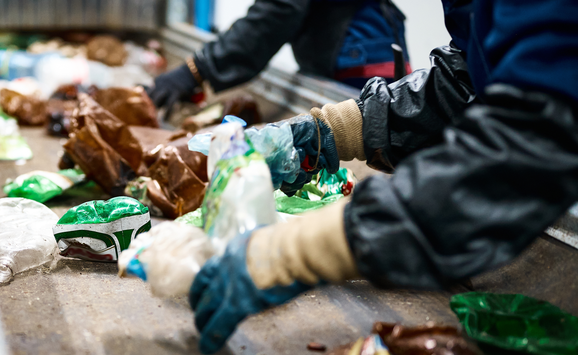|
How do you get effective drugs against malaria to people in the most rural spots in Africa and Asia - and also make it quick (children can die in a matter of hours) and inexpensive? And at the same time, how do we protect artemisinin derivatives – the world’s best malaria drugs for at least the next decade – from succumbing to drug-resistant malaria, as other effective drugs have in the past? In a world poised to control and then eliminate malaria altogether, the answer to those questions is definitely not "business as usual." At the same time that a Global Malaria Action Plan was being unveiled to the U.N. General Assembly, RFF was hosting malaria experts from around the globe to debate the merits of the Affordable Medicines Facility-malaria—AMFm, also known as Radio Malaria, an innovative financing platform for malaria drugs. It’s also integral to the new global plan to control malaria. Professor Kenneth Arrow, the Nobel Laureate in Economics who led the Institute of Medicine committee that recommended AMFm in its 2004 report, Saving Lives, Buying Time, was among a dozen speakers to address the September 27, 2008 public forum. He explained (via videotape) the basic idea behind AMFm: subsidize the world’s supply of artemisinins at the point they leave the factory, in contrast to subsidizing further down the distribution chain, which has been the usual approach. The drugs would flow through the existing public- and private-sector supply chains, gaining only the usual drug markups, and arriving in clinics, pharmacies, and the ubiquitous corner shops at the same low prices as the old, now-ineffective antimalarial drugs like chloroquine. Artemisinins are cheap by U.S. standards at $5–10 per course of treatment, but without the subsidy, that cost would be astronomical where household income is typically $1 per day or less. AMFm's other wrinkle is that only artemisinins "coformulated" with at least one other good antimalarial drug in artemisinin-combination therapies (ACTs) will be subsidized, making ACTs cheaper than artemisinins alone. Using ACTs and avoiding artemisinin "monotherapy" is the best approach to both saving lives and delaying drug resistance.
|
Harvard teaching case: How AMFm Came to Be
|
|
| So why isn't AMFm already working? "It has been stymied by opposition and held up by remaining concerns," observed RFF Senior Fellow Ramanan Laxminarayan. The RFF forum, chaired by Harvard School of Public Health Dean Barry Bloom, brought the latest information to bear on questions that must be answered—the drug’s safety for pregnant women as well as people who don’t really have malaria, the risk that the subsidy will be "captured" by middlemen and people still wouldn't be able to afford ACTs, and the challenge of reaching people who can't afford ACTs even at chloroquine prices. The analyses presented at the RFF forum will inform a November vote by the Board of the Global Fund to Fight AIDS, Tuberculosis, and Malaria to begin a large-scale pilot operation of AMFm, involving millions of people.
A webcast of the Consultative forum is available courtesy of the Kaiser Family Foundation Learn more about CDDEP and AMFm. |
||
Related People
Related content
Digital Subscription
Sign up to receive our Resources Radio podcast and On the Issues newsletter every week.
Subscribe
 $225 MILLION PROJECT LAUNCHED TO PROVIDE EFFECTIVE MALARIA DRUGS WORLDWIDE
$225 MILLION PROJECT LAUNCHED TO PROVIDE EFFECTIVE MALARIA DRUGS WORLDWIDE




